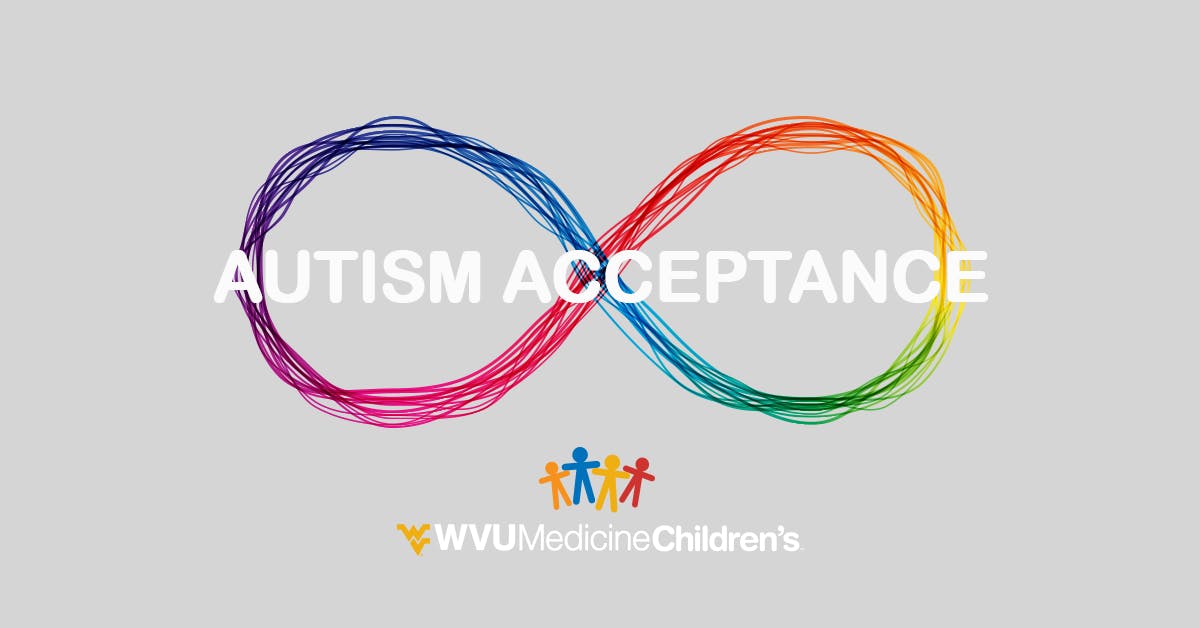Browsing Social Obstacles: Tips for People Dealing With Autism
Browsing Social Obstacles: Tips for People Dealing With Autism
Blog Article
Recognizing Autism: A Comprehensive Overview to Symptoms and signs
Autism Range Disorder (ASD) encompasses a large range of features that can substantially impact a person's social interactions and day-to-day performance. Recognizing the signs and symptoms and signs, such as challenges with eye contact, social communication problems, and sensory level of sensitivities, is vital for early treatment. Comprehending these nuances not only help caregivers and educators in giving ideal support yet likewise promotes a much more comprehensive setting for people with ASD. As we discover the complexities of autism, it ends up being vital to think about how these signs materialize in a different way throughout the spectrum and what implications they hold for reliable intervention strategies.
Summary of Autism Range Problem
Defining Autism Range Problem (ASD) involves recognizing it as an intricate neurodevelopmental problem identified by an array of obstacles in social communication, interaction, and behavioral patterns. The term "range" mirrors the broad irregularity in symptoms and their intensity, which can differ substantially from one individual to one more. ASD typically manifests in very early childhood years, although some people might not receive a diagnosis up until later in life.
Aspects affecting the development of ASD consist of ecological elements and hereditary predispositions, although the precise reasons continue to be under investigation. Medical diagnosis commonly depends on behavioral evaluations, as there are no clear-cut clinical tests for ASD. Early intervention is crucial and can significantly improve end results, concentrating on boosting communication abilities, social communications, and adaptive actions.
Individuals with ASD may additionally show unique staminas, such as exceptional focus to information or details locations of expertise. Comprehending the complex nature of ASD is essential for promoting an inclusive environment that accommodates neurodiversity. Continued research study is crucial for establishing effective interventions and assistance systems, allowing individuals with ASD to prosper and accomplish their prospective within culture.
Usual Indicators of Autism
Acknowledging the usual indications of Autism Range Problem (ASD) is vital for early recognition and treatment. These indications can differ commonly in seriousness and presentation, but specific features are often observed in individuals with ASD.
Among the most widespread indications is a marked trouble in maintaining and developing eye call. Individuals may likewise show minimal passion in social communications and reveal a choice for singular play. Repetitive actions, such as hand-flapping, rocking, or spinning items, frequently arise early in childhood years. Additionally, some youngsters might establish stringent regimens and come to be distressed if these routines are interfered with.
Sensory sensitivities are also common; individuals may overreact or underreact to sensory stimuli, such as audios, lights, or structures. autism. Language advancement can be atypical, with some children showing postponed speech or making use of language in unusual ways, including echolalia-- duplicating sentences or expressions listened to in other places
It is important to note that not every person with ASD will certainly present all these signs, and the level of these actions can vary significantly. Early recognition permits prompt assistance and sources, boosting the top quality of life for those on the range.
Social Interaction Challenges
Social communication challenges are a hallmark of Autism Spectrum Problem (ASD), affecting an individual's ability to engage successfully with others. These difficulties can show up in various methods, consisting of difficulties in initiating and preserving discussions, comprehending social hints, and reacting appropriately in social communications.
Individuals with ASD might deal with nonverbal communication, such as eye contact, faces, and body language. This can lead to misconceptions, as their communicative intent may not Learn More be appropriately interpreted by others. Additionally, they might discover it challenging to realize the subtleties of tone and context, which are vital for reliable interaction.
In group settings, individuals with ASD may feel overwhelmed and might not know how to join in discussions (autism). They could also display atypical conversational patterns, such as monologuing regarding certain a fantastic read passions without identifying social reciprocity
Furthermore, these challenges can cause social isolation or difficulties in creating partnerships, as peers might misinterpret their behavior or interaction style. Understanding these social communication difficulties is crucial for promoting helpful environments that promote social skills advancement and improve the quality of communications for people on the autism spectrum.
Sensory Actions and level of sensitivities
Several people with Autism Range Disorder (ASD) experience increased sensory sensitivities that can substantially influence their daily lives. An individual with ASD may locate daily sounds, such as a vacuum cleanser or crowded settings, extremely stressful, leading to anxiety or disasters.
Sensory handling distinctions in individuals with ASD can also influence their capacity to take part in routine activities and social communications. For instance, a kid that is sensitive to touch might resist physical love or avoid specific garments textiles. Alternatively, a preference for specific appearances or preferences can limit dietary choices and produce difficulties throughout mealtimes.
Recognizing these sensory sensitivities is vital for recognizing the unique experiences of individuals with ASD. Awareness of their sensory profiles can cultivate much better interaction and support methods, producing an atmosphere that suits their needs and enhances their high quality of life. Inevitably, recognizing sensory sensitivities is a vital element of understanding the broader range of he has a good point autism.

Sustaining People With Autism
Efficient assistance for people with Autism Spectrum Condition (ASD) is crucial for enhancing their total wellness and cultivating self-reliance. Assistance methods need to be tailored to satisfy the unique requirements of each person, considering their toughness and obstacles.

Social abilities training can additionally play a crucial function. autism. Engaging individuals in team tasks or role-playing circumstances can improve their capacity to browse social communications. Additionally, it is vital to educate member of the family, caregivers, and peers about ASD to cultivate a inclusive and supportive area
Final Thought
By promoting boosted communication and social skills, people with autism can navigate their environments extra effectively. Ultimately, raised recognition and assistance can considerably boost the top quality of life for those affected by ASD.
Autism Spectrum Problem (ASD) encompasses a vast array of features that can considerably affect a person's social interactions and daily functioning.People with ASD may struggle with nonverbal interaction, such as eye contact, facial expressions, and body language.Numerous people with Autism Spectrum Problem (ASD) experience heightened sensory level of sensitivities that can considerably affect their day-to-day lives.Sensory processing distinctions in individuals with ASD can likewise impact their ability to involve in social interactions and regular tasks.Understanding these sensory sensitivities is essential for recognizing the special experiences of individuals with ASD.
Report this page